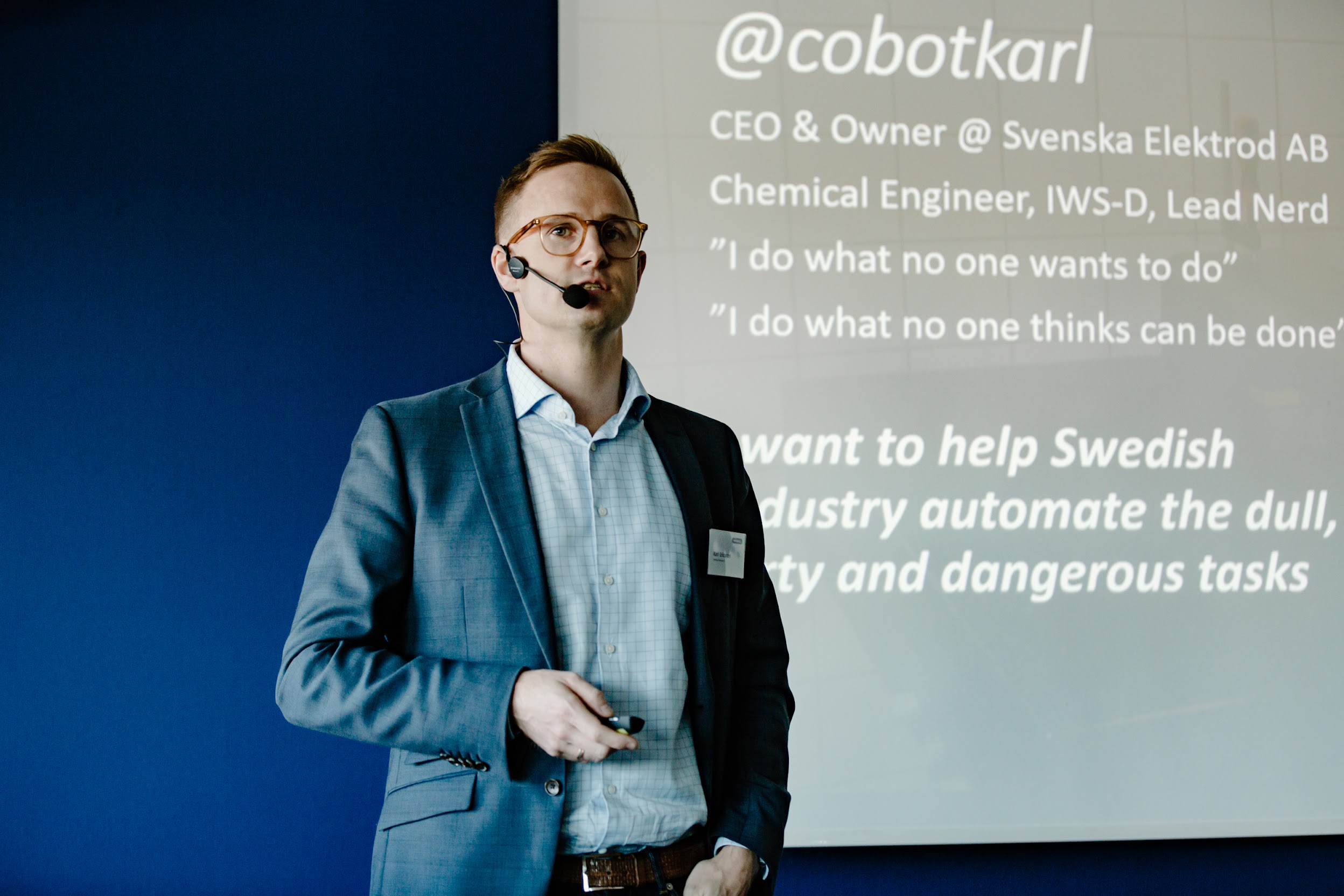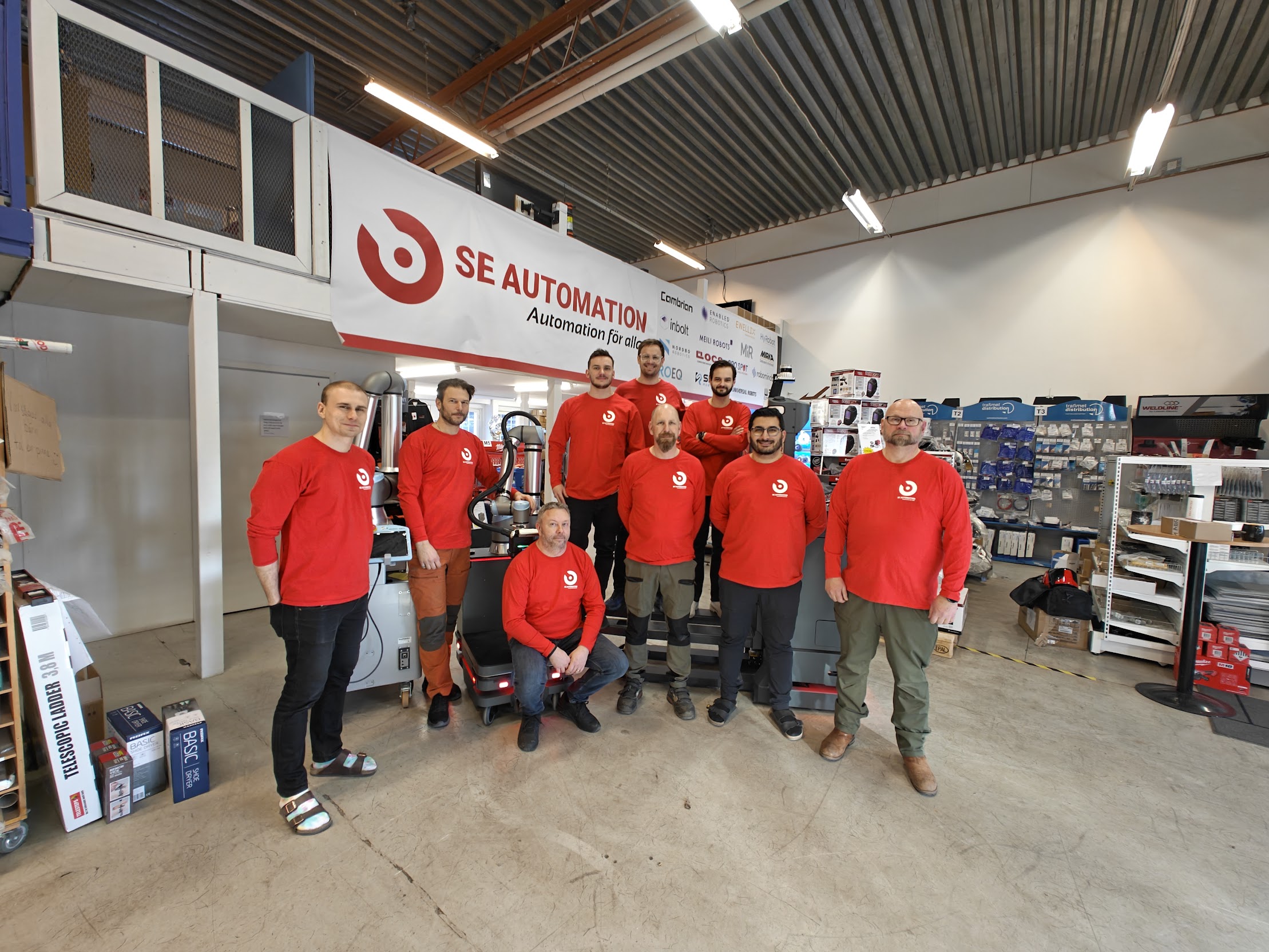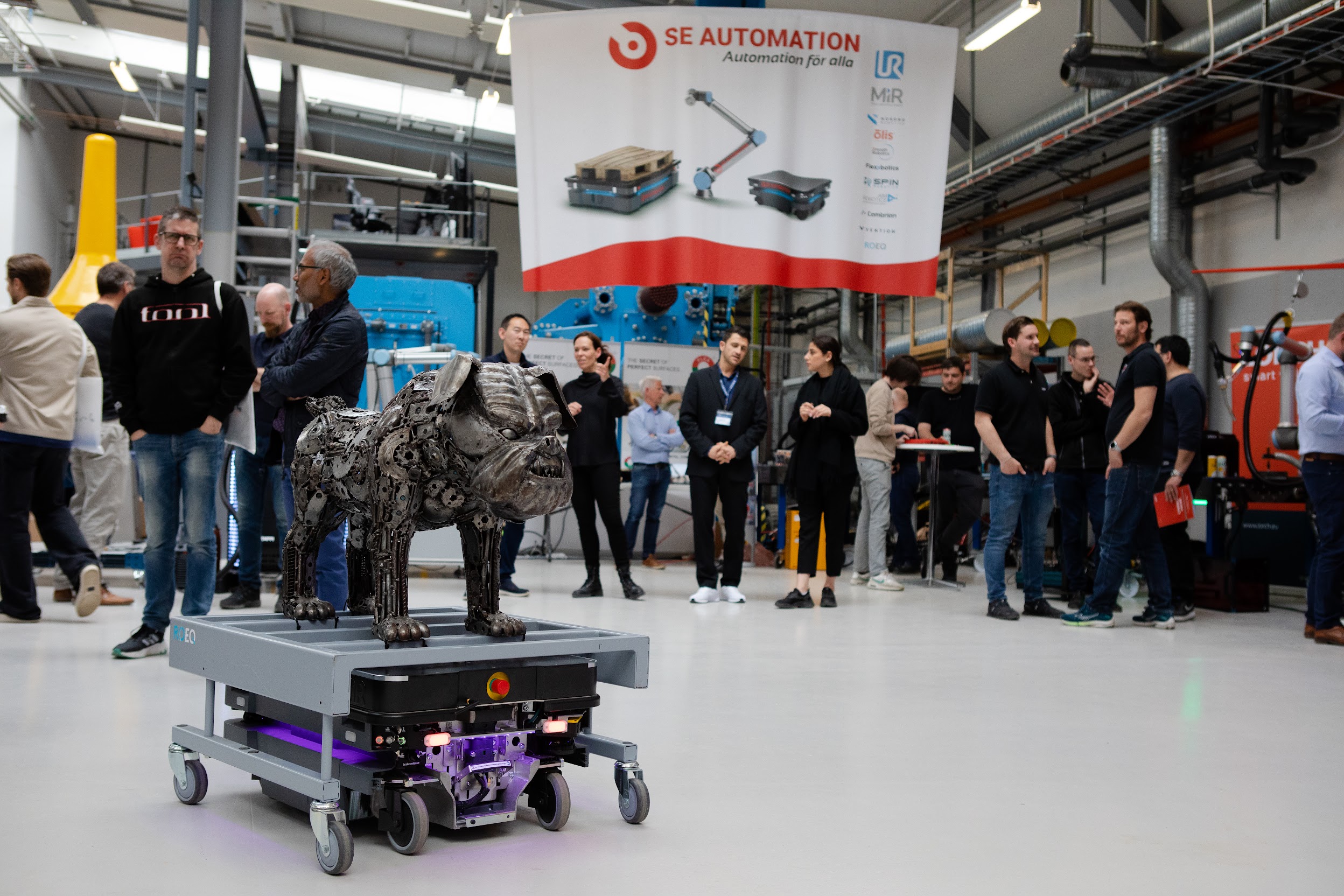Some problems are visible only after you’ve fixed them. You don’t always know a sales meeting was weak until the deal falls through. You can’t predict a new hire will struggle until you’re covering their work. Experience—especially in technical sales—comes mostly from trial. That’s part of what makes automation so tricky: it’s precise, measurable, and deeply human. Karl Eriksson has built his business by treating automation not as an abstract promise but as a grounded response to what Swedish manufacturers need. Ten years after buying SE Automation’s parent company, Karl has developed a highly specific model—local sales, hands-on tech testing, and machine builder partnerships. Now, his challenge is scaling without losing that edge.
“We do everything the integrators don’t want to”
When Karl and his business partner bought the company in 2015, it was a legacy B2B distributor focused on welding tools. But Karl, a chemist by training, had little interest in just managing operations. “We did all the housekeeping, but then I was bored,” he says. “So I said, either we sell the company or I build something of my own inside it.” That’s when he bought their first collaborative robot—a Universal Robot arm—and started exploring.
What began as in-house integration projects quickly expanded. They noticed that clients in food, pharma, and logistics were looking for light automation help but weren’t well served by traditional integrators. “We started helping them directly, and it just grew from there.” SE Automation is now a distributor for 14 manufacturers, including UR and Mobile Industrial Robots, with exclusive rights in Sweden. Their model is specific: they test every product hands-on before introducing it to system integrators. “We tell them what not to use, not just what to use,” Karl says. The company has 27 employees and operates four local hubs—each with its own sales rep, service engineer, and store manager.
.png)



%20(1).jpg)
.jpg)
.jpg)
%20(1).jpg)


.png)